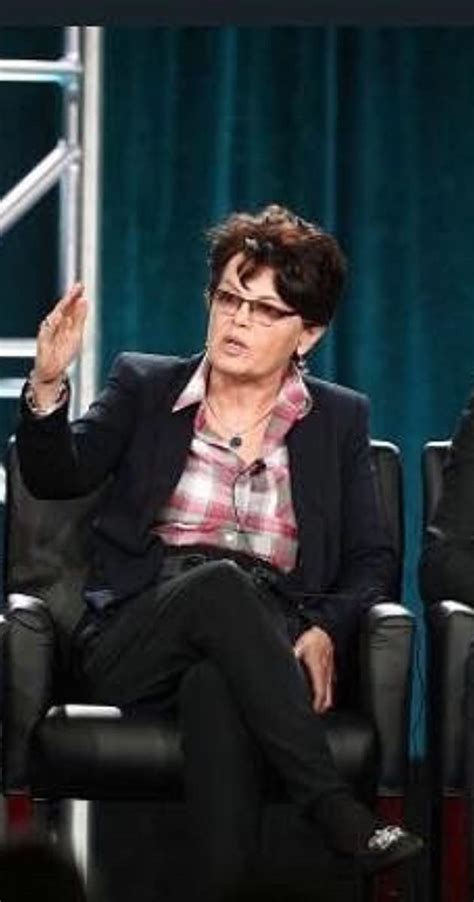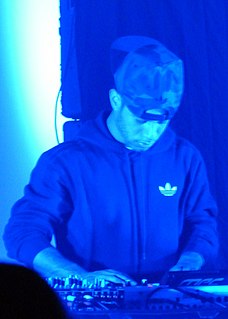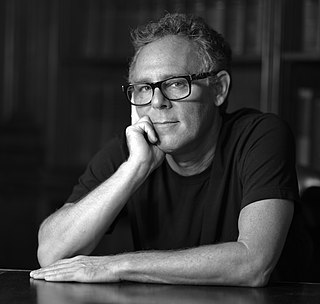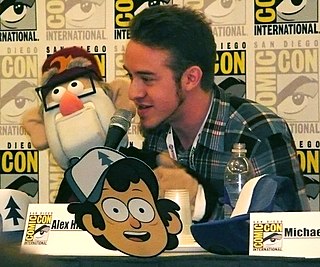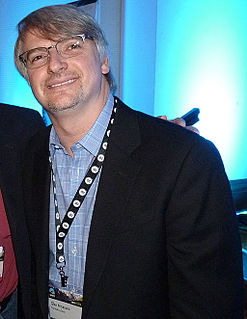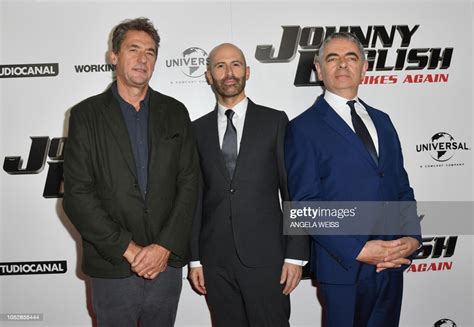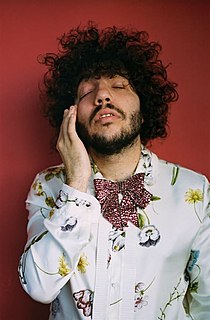A Quote by Ang Lee
I don't like to deal with studios. I don't like to have conversations with executives. I pitch to the studio, then never talk to them until the test screening.
Related Quotes
Screenwriting is a terrible way to make a living and I always try to talk anyone out of it. Until you sit in a story meeting with studio executives with no particular ability or actors who haven't even graduated high school telling you exactly how to change your script, you haven't experienced what it's really like to be a screenwriter in Hollywood. Also, unlike novelists and playwrights, you don't own the copyright on your original material. It hurts when you sell a project you love and then suddenly the project you really cared about will never see the light of day.
I could be inspired by something I see or something I hear and write down or send to a friend or a writer or whether I have instrumental tracks or just a couple chords recorded on my phone. If I have a couple sessions set, I'll go into the studio with the people I'm lucky enough to call my friends because I feel like I can talk to them and then suddenly our conversations turn into these songs you hear on the radio. I still don't understand how it happens but I talk about my experiences and my situations and everything and then they turn into these amazing pop songs.
Rigging is like Zen meditation. You must bend over the boat until your back is breaking, until your brain is filled with numbers and fractions of numbers, until you can accurately measure an oarlock's pitch without bothering to use the pitch meter. Only then will you see the way of eternal rigging happiness.
There's a trend in Hollywood at the moment where studio executives are coming from more of a marketing background, and that is challenging. I think one of the problems of marketing executives is that they don't understand how films get made and they're a bit nervous. And that is not the most efficient way to be a studio executive.
I always have a ping-pong table in the studio. If you're with an artist and you notice the situation is going south a little bit, it's like, 'You wanna play ping-pong or foosball?' Or, 'You wanna go grab somethin' to eat?' And then you just like talk to them and relax them and get them comfortable and get yourself comfortable.
I never think anyone will like what I do. I'm always terrified the critics won't like my film and of course you always count the people who leave at the screening. They are on your death list. The people who stayed, stayed because they wanted to. You see it in a different way with an audience. And when the screening Is over it's such a relief. It's such a struggle.
Different reactions while film test screening doesn't mean even the audience thinks ambiguity is a bad thing. But if you're asking them right away to start checking things off, they don't know what to do. I think at their best, it applies to when the audience knows what it is. Then, when they say, "Oh, well, I thought it was too boring in blah-blah-blah part," then you better pay attention to it. It's like going for the hamburger. Better be the good hamburger I went for.



